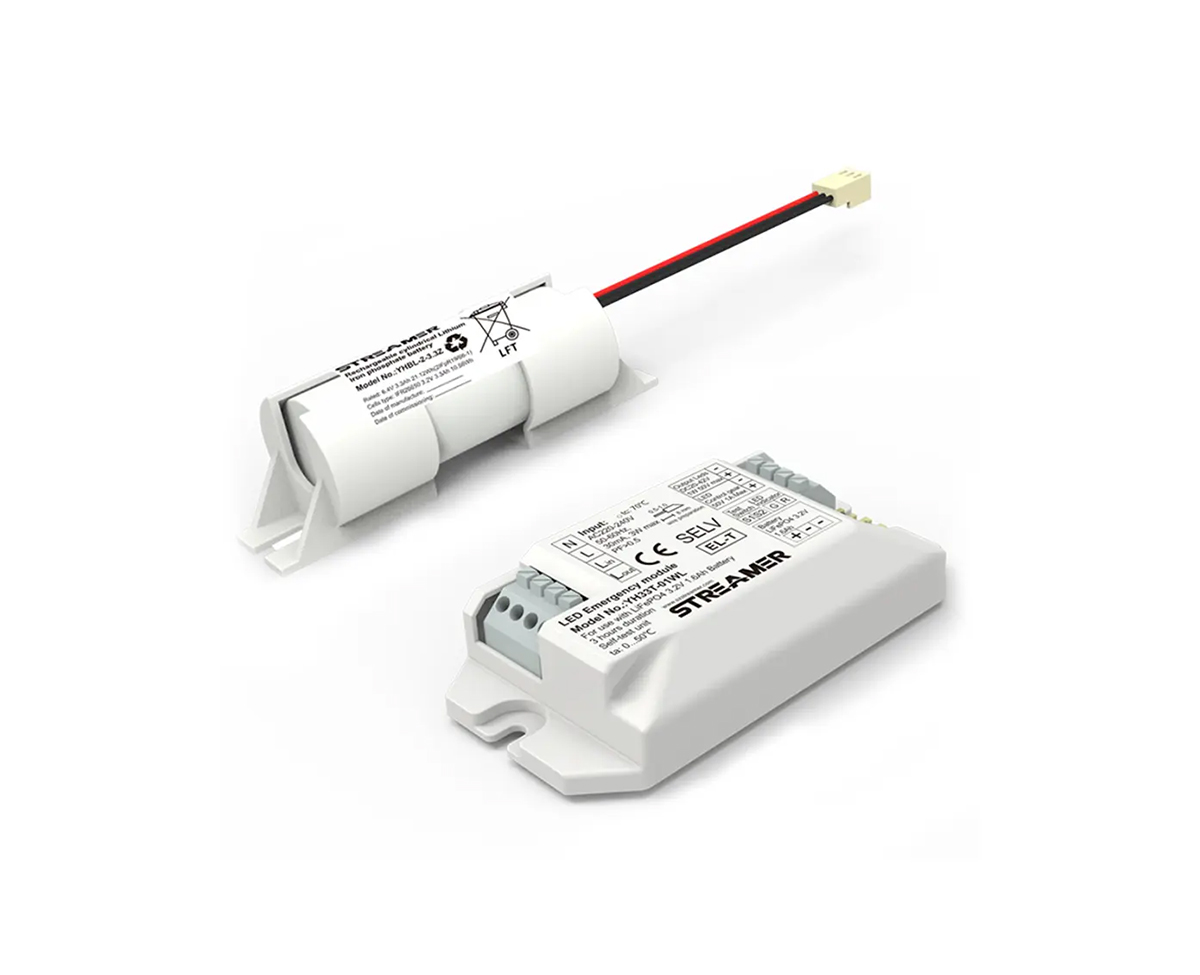 1
1
 Mar 03, 2025
Mar 03, 2025

Emergency batteries are vital for ensuring continuous power supply during outages. Calculating the charging time of these batteries is essential for proper maintenance and readiness.
The charging time of an emergency battery depends on several factors. Firstly, the battery capacity, measured in ampere - hours (Ah), is a key determinant. For example, a 100Ah battery will take longer to charg
e thn a 50Ah battery, assuming the same charging current. Secondly, the charging current, which is provided by the charger, plays a significant role. Chargers are designed to supply a specific current, usually expressed in amperes (A).
The basic formula for calculating the charging time \(T\) (in hours) is \(T=\frac{C}{I}\), where \(C\) is the battery capacity in Ah and \(I\) is the charging current in A. However, this is a simplified formula. In reality, batteries do not charge at a constant rate throughout the process. At the beginning of the charging cycle, the battery can accept a relatively high charging current. But as it approaches full charge, the charging current needs to be reduced to prevent overcharging.
Most modern chargers are equipped with smart charging algorithms. These algorithms adjust the charging current based on the battery's state of charge. For instance, during the initial stage of charging, a charger might supply a high current, say 10A, to quickly charge the battery to around 80% of its capacity. As the battery nears full charge, the charger will gradually reduce the current to a trickle charge level, perhaps 1A or less. This not only protects the battery from overheating and damage but also ensures a more complete and efficient charge.
Another factor to consider is the efficiency of the charging process. There are always some energy losses during charging, mainly in the form of heat. The charging efficiency, usually expressed as a percentage, can range from 70% - 90% depending on the charger and battery type. To account for this, the actual charging time might be longer than the time calculated by the simple formula. For example, if a 100Ah battery is being charged with a 10A charger and the charging efficiency is 80%, the calculated charging time using the basic formula is \(T=\frac{100}{10}=10\) hours. But considering the efficiency, the actual charging time will be \(T=\frac{100}{10\times0.8}=12.5\) hours.